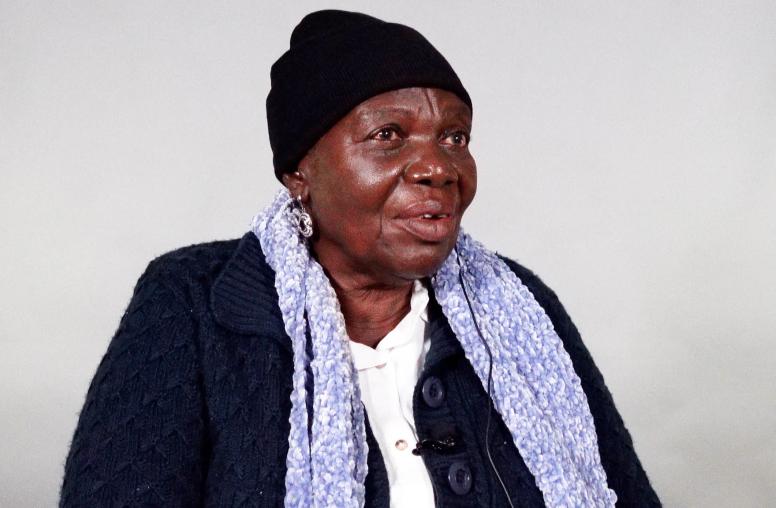Syria After Assad: Managing the Challenges of Transition
Over the past year, a group of opposition activists collaborated to develop recommendations and strategies for managing the challenges of a post-Assad transition. They spoke at USIP on October 4, 2012 for the first presentation in the United States of the document they produced: “The Day After: Supporting a Democratic Transition in Syria.
Read the event coverage, 'Day After' Members Discuss Post-Assad Syria Transition at USIP

The Syrian revolution has taken a terrible toll. Tens of thousands of Syrians have been killed and hundreds of thousands wounded. Millions have been forced from their homes. Urban centers have been destroyed, villages bombed, and communities subjected to horrific brutality at the hands of regime forces and Assad’s loyalist militias. The fabric of Syrian society is fraying under the pressure of escalating sectarian tensions. The militarization of the revolution and the proliferation of armed opposition units pose long term challenges for rule of law and security. Damage to infrastructure and to the Syrian economy will require tens of billions of dollars to repair.
How much longer the Assad regime will survive is uncertain. When it falls, a new government will face daunting challenges. How will the Syrian opposition respond? Will a new government be able to address the urgent needs of Syrians for humanitarian relief, economic and social reconstruction, and provide basic rule of law and security? Even today, in liberated areas of Syria where a post-Assad transition is already underway, the opposition must demonstrate its capacity to address these challenges.
Over the past year, a group of opposition activists collaborated to develop recommendations and strategies for managing the challenges of a post-Assad transition. They spoke at USIP on October 4, 2012 for the first presentation in the United States of the document they produced: “The Day After: Supporting a Democratic Transition in Syria.”
Speakers
- Steven Heydemann, introductory remarks
Senior Adviser for Middle East Initiatives
U.S. Institute of Peace. - Jim Marshall, opening remarks
President
U.S. Institute of Peace - Amr al-Azm, panelist
Associate Professor of History at Shawnee State University in Ohio. Member of the executive committee for the NCC (National Change Current); member of the Executive Committee of The Day After project and its Economic and Social Reconstruction working group. - Afra Jalabi, panelist
Anthropologist, political scientist and writer based in Montreal, Canada. Member of the Damascus Declaration and the Syrian National Council, member of the Executive Committee of The Day After project and its Transitional Justice working group. - Murhaf Jouejati, panelist
Professor of Middle Eastern Studies, Political Science and International Affairs at the National Defense University in Washington DC. Member of the Syrian National Council, member of the Executive Committee of The Day After project and its Security Sector Reform working group. - Rafif Jouejati, panelist
English-language spokesperson for the Local Coordination Committees in Syria, the National Consensus Movement, and Activists for a Free Syria; member of the Executive Committee of The Day After project and its working group on Economic and Social Reconstruction. - Rami Nakhla, panelist
Program Specialist at the U.S. Institute of Peace (USIP), coordinating The Day After project on the Institute’s behalf; director of the Syrian Transition Support Network and member of the Executive Committee of The Day After project
Moderator
- Steven Heydemann



